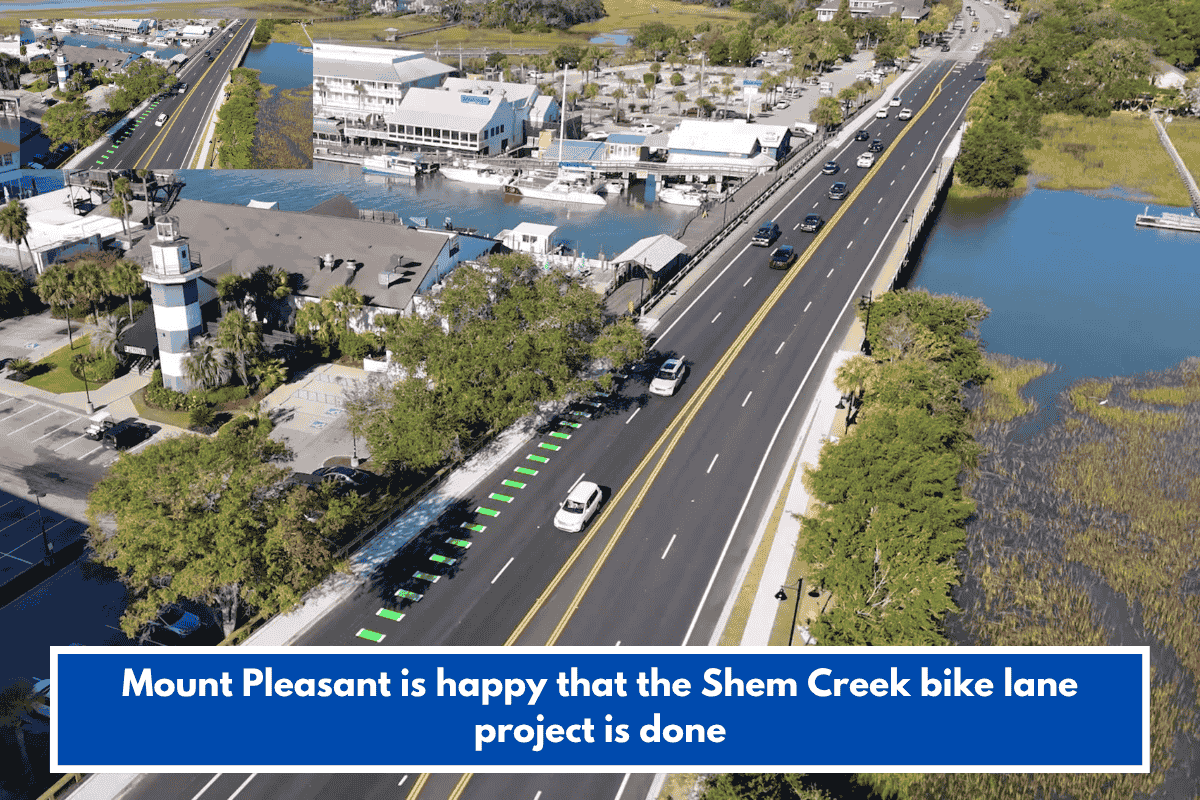At the state level, dumpster diving is not illegal in New Hampshire. The state has no law that directly bans people from going through trash. This means that you can technically go dumpster diving without being charged with a crime—as long as you are not trespassing or breaking any local rules.
This matches a 1988 U.S. Supreme Court decision (California v. Greenwood), which ruled that once trash is placed out for collection in a public space like a curb, it is no longer considered private. So in most public areas, the trash is free for the taking.
Private Property and Trespassing Issues
Even though dumpster diving isn’t illegal on its own, problems start when you’re diving on private property. For example, if a dumpster is behind a store, inside a fenced area, or clearly marked with “No Trespassing” signs, then going there to dumpster dive can be considered trespassing, which is illegal.
Also, if a dumpster is locked or inside a building, trying to break in or climb over fences to access it will almost always be seen as a criminal act. You could face charges like trespassing or even theft if the owner claims their discarded items were not meant to be taken.
Privacy Laws and Black Trash Bags
There’s an important case to consider: State v. Goss (2003) by the New Hampshire Supreme Court. This case decided that trash placed in black plastic bags for municipal collection may still carry a “reasonable expectation of privacy.” This ruling suggests that, under certain conditions, the contents of such trash bags are not free to be taken or searched without permission.
In other words, even if the trash is out on the curb, diving into black bags could technically be considered a privacy violation depending on how the court or property owner interprets it.
Local Laws and Ordinances
Even if state law allows dumpster diving, some cities and towns in New Hampshire might have local rules that make it illegal or restrict the practice. For example, a city may have anti-scavenging rules or health codes that ban dumpster diving in public areas. This is why it’s always best to check with local authorities or city websites before diving in any specific area.
Other Legal Risks: Littering and Disorderly Conduct
While diving itself isn’t a crime, leaving trash behind or making a mess during the process can get you fined for littering. Also, if your actions disturb others or cause a scene, police may charge you with disorderly conduct.
These issues may not be directly tied to dumpster diving, but they can still lead to legal trouble if you aren’t careful.
To sum it up, dumpster diving is not illegal in New Hampshire at the state level, but that doesn’t mean it’s always legal in every situation. You can legally dive in trash that is out in public areas like sidewalks or curbs, but you must avoid going onto private property or ignoring “No Trespassing” signs. It’s also important to respect local city laws, avoid sealed black trash bags due to privacy issues, and never leave a mess behind.
If you’re careful about where and how you dive, it’s possible to dumpster dive legally in New Hampshire. But be aware of the risks, especially related to trespassing and privacy laws.
SOURCES
[1] https://wokq.com/dumpster-diving-legal-in-new-hampshire/
[2] https://scrapsafari.com/dumpster-diving-in-new-hampshire/
[3] https://www.rolloffdumpsterdirect.com/dumpster-diving-illegal/
[4] https://answers.justia.com/question/2025/05/18/is-it-illegal-to-take-items-from-an-unlo-1061366
[5] https://www.findlaw.com/injury/torts-and-personal-injuries/dumpster-diving.html














